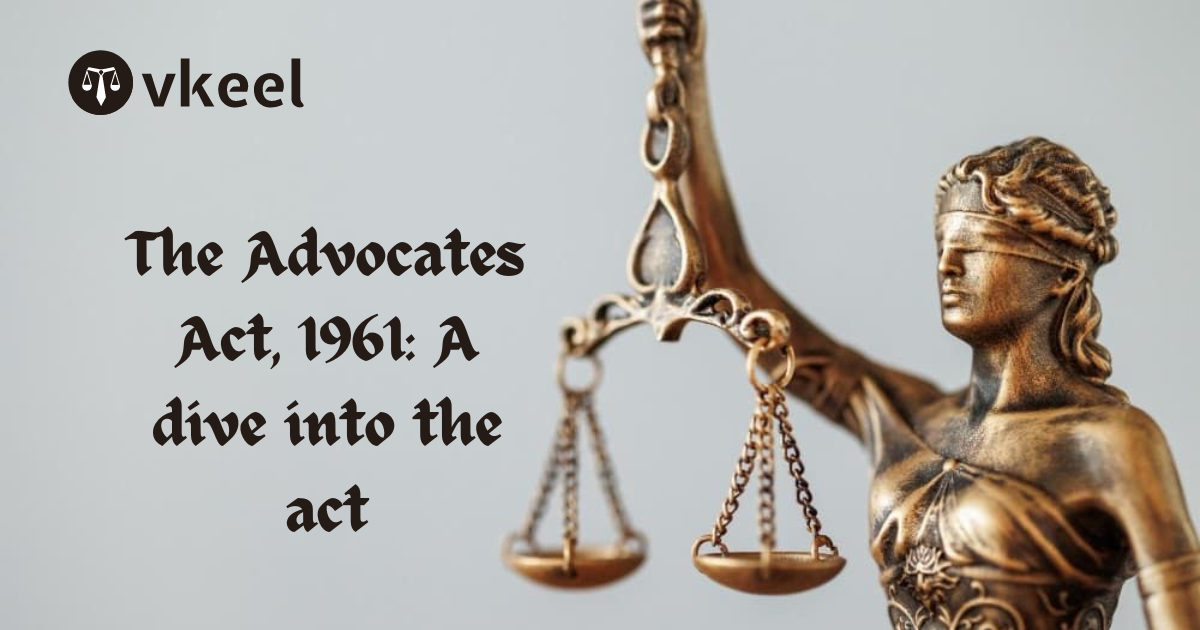Section 143A of Negotiable Instruments Act: Power of the Court to Direct Interim Compensation
By Kishan Dutt Kalaskar
Table of Contents
Introduction
The Negotiable Instruments Act, 1881 can be defined as ‘an Act to define and amend the law relating to promissory notes, bill of exchange and cheques.’ The Negotiable Instruments (Amendment) Bill was presented before the Lok Sabha by the Finance Minister on January 2, 2018. It received the assent of the President and was notified in the Official Gazette on 2nd August, 2018 to become an Act called the Negotiable Instruments (Amendment) Act, 2018 (No. 20 of 2018).
The Negotiable Instruments (Amendment) Act, 2018 introduces a new provision, Section 143A, to the Act of 1881. Section 143A of the Act provides –
“Notwithstanding anything contained in the Code of Criminal Procedure, 1973, the Court trying an offence under section 138 may order the drawer of the cheque to pay interim compensation to the complainant –
- in a summary trial or a summons case, where he pleads not guilty to the accusation made in the complaint; and
- in any other case, upon framing of charge.”
The amount of the interim compensation cannot exceed 20% of the value of the dishonored cheque.
The interim compensation described above must be paid within 60 days of the order requiring it or within such period not exceeding thirty days as maybe directed by the Court. Any compensation received can be deducted from the fine imposed by the Magistrate on the drawer’s conviction under Section 138 of the Act, or from any compensation ordered to be paid under Section 357 of the Code of Criminal Procedure of 1973. Section 138 of the Act provides for imprisonment of up to two years or a fine extending to twice the amount of the dishonored cheque, or both.
Amendments
Two new Sections i.e., 143A and 148 have been proposed to be inserted under the Negotiable Instruments Act, 1881 via the Amendment Act:
- Section 143A– It empowers the Court to order the drawer of the cheque to pay Interim Compensation to the complainant:
- In case of a summary trial or a summons case, where the drawer pleads not guilty to the allegations made in the complaint, and
- In any other case, upon framing of the charges.
Quantum of Compensation – The compensation amount shall not exceed 20% of the amount of the Cheque.
On Acquittal – In case where the drawer is acquitted then the payee may be directed to refund the entire amount of interim compensation along with the RBI’s Prevailing interest rate, to the drawer.
Time Frame – The interim compensation shall be paid within 60 days from the date of the order by the court which may be further extended by an additional period of 30 days, subject to the sufficient reasons being shown.
- Section 148– It empowers the Appellate Court to order payment pending the appeal against conviction under Section 138 of the Negotiable Instruments Act.
The Appellate Court may order the appellant to deposit an amount which shall be a minimum of 20% of the fine or compensation awarded by the trial Court.
This amount shall be in addition to the amount already paid by the appellant under Section 143A.
This deposit may be released by an order for payment to the complainant at anytime during the pendency of the appeal.
On Acquittal – In case of the appellant being acquitted, the court shall direct the complainant to refund the entire deposit amount along with the RBI’s prevailing interest rate to the appellant.
Time Frame – The deposit amount shall be paid within 60 days from the date of the order by the court which may be further extended by an additional period of 30 days, subject to the sufficient reasons being shown.
The interim compensation can be recovered using the procedures outlined in Section 421 of the Criminal Procedure Code, which allow for the attachment and sale of the drawer’s movable property or the issuance of a warrant to the Collector to recover the compensation from the drawer’s movable or immovable property as if it were unpaid land revenue.
If the drawer of the cheque is found not guilty, the court will order the complainant to pay back the interim compensation to the drawer, along with interest at the bank rate published by the Reserve Bank of India in the beginning of the relevant financial year within 60 days from the date of such order.
Landmark Judgments
The Hon’ble Supreme Court in the case of G.J. Raja vs. Tejraj Surana, SLP (Criminal) No. 3342 of 2019 ruled that Section 143A of the Negotiable Instruments Act will not be applied retrospectively. “The provisions of said section 143A can be applied or invoked only in cases where the offence under section 138 of NI Act was committed after the introduction of said section 143A.” the court observed. Therefore, this provision is not applicable when the court has taken cognizance of the offense before the amendment came into effect. Section 143A is only applicable when the court has taken cognizance of the offense after the amendment.
The Supreme Court ruled in the case of Noor Mohammed v. Khurram Pasha, Special Leave Petition(Criminal)No. 2872 of 2022, that an accused person who fails to pay the interim compensation required by Section 143A of the Negotiable Instruments Act cannot be denied the right to cross-examine witnesses on behalf of the complainant. The Court agreed with the arguments made by the appellant and concluded that Section 143A does not indicate that an accused person who fails to pay interim compensation should be subjected to any other limitations, including the loss of the right to cross-examine the complainant’s witnesses. “Any such order foreclosing the right would not be within the powers conferred upon the court and would, as a matter of fact, go well beyond the permissible exercise of power,” the Court observed.
The Delhi High Court ruled in the case of M/S JSB Cargo and Freight Forwarder Pvt Ltd v State and Anr, CRL.M.C.2663/2021, that Section 143A of the Negotiable Instruments Act of 1881 is a directory provision rather than a mandatory one. The court also noted that the use of the word “may” in Section 143-A(1) of the Act conveys that the granting of interim compensation is not mandatory and a discretion was conferred upon the Court, to either grant or not to grant interim compensation. Additionally, the Court has to record reasons for determining the quantum of interim compensation, if it decides to award it, which can be up to 20% of the cheque amount based on the facts and circumstances of the case.
The Karnataka High Court has said that it is not mandatory for Magistrate Courts to pass orders directing interim compensation under Section 143A of the Negotiable Instruments (NI) Act, if the accused does not plead guilty. A single judge bench of Justice M Nagaprasanna said. In another case, the Karnataka High Court’s Dharwad Bench quashed the orders of a trial court to attach and auction properties of a Koppal businesswoman for recovering interim compensation of Rs 40 Lakh from her in a Rs 2-crore cheque-bounce case.
Disclaimer:
The information provided in the article is for general informational purposes only, and is not intended to constitute legal advice or to be relied upon as a substitute for legal advice. Furthermore, any information contained in the article is not guaranteed to be current, complete or accurate. If you require legal advice or representation, you should contact an attorney or law firm directly. We are not responsible for any damages resulting from any reliance on the content of this website.











